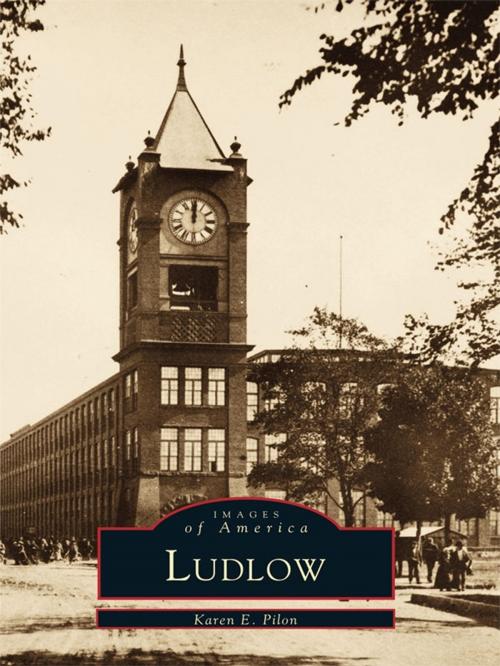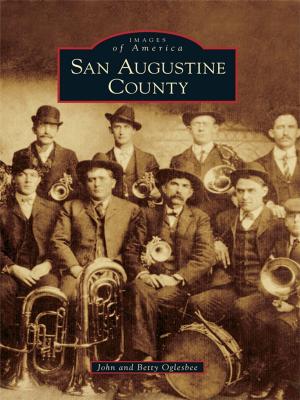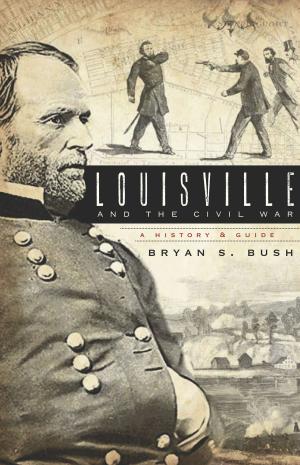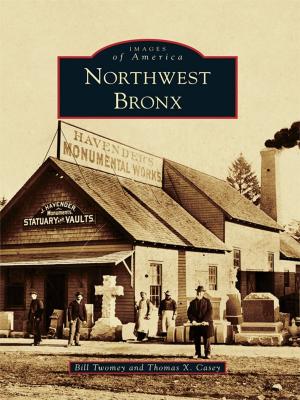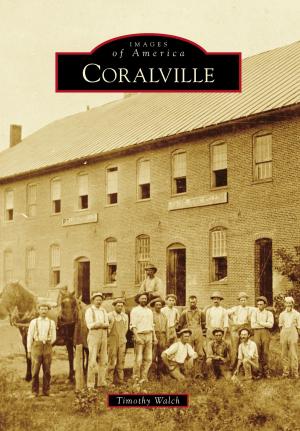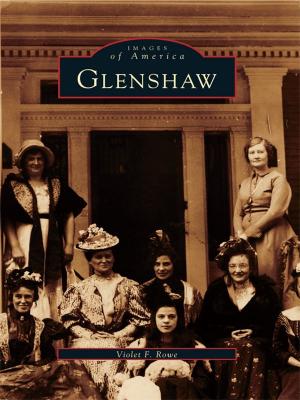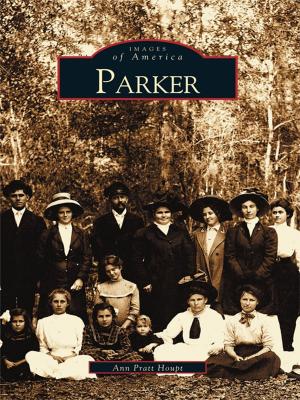| Author: | Karen E. Pilon | ISBN: | 9781439627082 |
| Publisher: | Arcadia Publishing Inc. | Publication: | September 23, 1999 |
| Imprint: | Arcadia Publishing | Language: | English |
| Author: | Karen E. Pilon |
| ISBN: | 9781439627082 |
| Publisher: | Arcadia Publishing Inc. |
| Publication: | September 23, 1999 |
| Imprint: | Arcadia Publishing |
| Language: | English |
Incorporated on February 28, 1774, Ludlow, Massachusetts, was originally a part of Springfield. The origin of the name remains a mystery, though the most probable explanation is that it was named after Roger Ludlow, an early prominent New England citizen who played a great part in building up the town and taking care of its citizens. The Ludlow Manufacturing Company, formed around 1900 by Charles T. Hubbard, helped shape the town by providing housing, a library, schools, playgrounds, and even a clubhouse for the diverse community. Ludlow was home to many sawmills and gristmills, utilizing the power from the several sources of water nearby, including the Chicopee River, Broad Brook, Higher Brook, and Stony Brook. The town is most noted, however, for its factory mills and production of jute yarns, twine, and webbing. Less well known was the glass-making business that was prevalent in the early 1800s. John Sikes manufactured glass bottles and other glassware and the Ludlow Manufacturing Company glass works operated for only a short time before closing in the depression years following the War of 1812. Today, Ludlow remains a culturally diverse community made up of Portuguese, Polish, French, and Irish residents, just to name a few.
Incorporated on February 28, 1774, Ludlow, Massachusetts, was originally a part of Springfield. The origin of the name remains a mystery, though the most probable explanation is that it was named after Roger Ludlow, an early prominent New England citizen who played a great part in building up the town and taking care of its citizens. The Ludlow Manufacturing Company, formed around 1900 by Charles T. Hubbard, helped shape the town by providing housing, a library, schools, playgrounds, and even a clubhouse for the diverse community. Ludlow was home to many sawmills and gristmills, utilizing the power from the several sources of water nearby, including the Chicopee River, Broad Brook, Higher Brook, and Stony Brook. The town is most noted, however, for its factory mills and production of jute yarns, twine, and webbing. Less well known was the glass-making business that was prevalent in the early 1800s. John Sikes manufactured glass bottles and other glassware and the Ludlow Manufacturing Company glass works operated for only a short time before closing in the depression years following the War of 1812. Today, Ludlow remains a culturally diverse community made up of Portuguese, Polish, French, and Irish residents, just to name a few.
